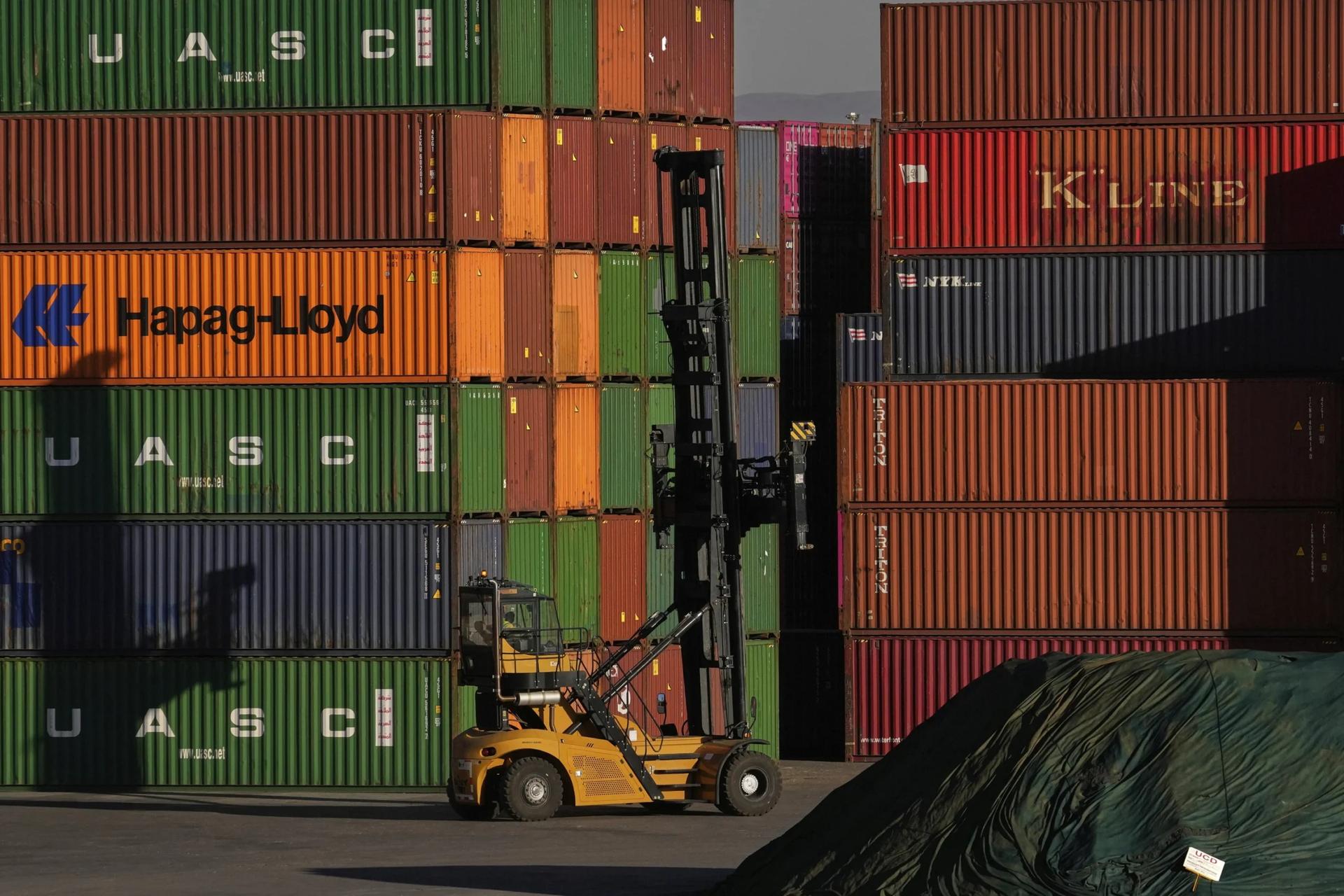YAOUNDÉ, Cameroon – As African countries reel from a crippling debt burden, the head of the Jesuit Justice and Ecology Network Africa (JENA) has sounded alarm over debt conditionalities that are enslaving African nations.
Jesuit Father Rampeoane Hlobo was speaking to Crux following the Group of 20 (G20) Interfaith Forum (IF20) that took place recently in Cape Town, South Africa.
Africa owed a combined $685.5 billion to external creditors as of 2023 – the equivalent of 24.5 percent of the continent’s GDP, according to the World Bank. It is expected to pay $88.7 billion in external debt service in 2025.
Hlobo argues that such debt constitutes an assault on Africa’s integral human development.
“Debt has become a major obstacle to true development in many African nations. Across the continent, governments are forced to channel vast portions of their budgets toward servicing debt, often at the cost of investing in essential services such as healthcare, education, and job creation—particularly for our growing youth population,” the priest told Crux.
“In some countries, debt servicing now exceeds spending on essentials like education or health. This is not just an economic issue—it is a moral failure,” he added.
The situation, he said, has been made worse by the conditionalities associated with the debts, and accused lending institutions like the IMF and World Bank of transforming debt into a tool of neo-colonial control by imposing conditionalities that “undermine sovereignty and restrict national policy choices.”
“These policies, including austerity measures, frequently hurt the poorest, eroding social protections and widening inequality,” Hlobo said.
This system, the priest argues, prioritizes creditor profits over people’s survival, turning economies into “engines of injustice” that sacrifice African futures on the “altar of debt repayment.”
Hlobo challenged the narrow metric of economic growth, invoking Pope Paul VI’s vision of development as encompassing moral, spiritual, and social well-being.
Africa’s crushing debt burden, he argued, actively sabotages this holistic vision.
“When economies prioritize repayment over people, they become engines of injustice rather than instruments of human development,” he told Crux. “As Pope Francis reminded us, the economy must serve people, not the other way around.”
Yet, the reverse continues to happen in Africa today.
“We find ourselves in systems where people are made to serve the economy—sacrificing their dignity, their futures, and their communities on the altar of debt repayment,” Hlobo said.
He outlined Catholic Social Teaching Is transformative framework: The Preferential Option for the Poor demands debt never override basic human needs; solidarity requires creditors become partners rather than exploiters; the Common Good necessitates debt relief when it impedes societal flourishing; Human Dignity condemns odious debts; and Restorative Justice insists relief is justice, not charity. These principles demand a radical reordering of global finance to serve life, not profit.
“It is time for a new system —one that places people before profit, dignity before debt, and integral development before economic exploitation,” the Jesuit priest said.
He called on the G20 to rechannel Special Drawing Rights to Africa, crack down on illicit financial flows, include African voices in governance, and mandate ethical lending.
Rooted in the Imago Dei and Ubuntu (“I am because we are”), these steps represent not mere policy tweaks but a moral imperative to dismantle systems where “people are made to serve the economy” and build one honoring “our shared humanity.”
Highlighting the cruel paradox in Africa where the continent bears the greatest brunt of a climate crisis it did little to cause, Hlobo insisted that climate finance needs to take the form of grants and not loans.
“African countries should not be forced to choose between protecting their people and repaying unsustainable debts,’ he said.
“The dilemma is stark: African nations require billions of dollars annually for climate adaptation, mitigation, and resilience—especially in key sectors like agriculture, water, energy, and disaster preparedness. Yet many of these countries are already burdened by unsustainable debt, making further borrowing either prohibitively expensive or simply impossible. As a result, critical climate investments are delayed, scaled back, or abandoned entirely, exacerbating both human and environmental vulnerability,” Hlobo told Crux.
“This calls for a fundamental shift in how climate finance is structured. Grants—not loans—must become the default form of climate funding for climate-vulnerable, low-income countries, particularly for adaptation. No country should be punished financially for trying to survive a crisis it did not cause,” the priest added.
He said it is “morally indefensible” to force low-income countries to borrow for survival. He urged all religious communities to leverage the significant influence they wield to “call out the injustice of a global financial system that punishes the poor for a crisis driven by the wealthy.”
“In advocating for the reform of the global financial architecture, faith leaders must also push for corruption-free systems and accountable governance—not only among international financial institutions, but within debtor countries as well,” the Jesuit explained.
Hlobo talked about the Jubilee 2025 Campaign – a global movement, largely driven by Catholic social justice organizations like SECAM, Caritas and CAFOD that is demanding the cancellation of unjust debt, ethical lending reforms, and resource reallocation to human needs.
“People of faith must be champions of moral advocacy and public witness—reminding governments, financial institutions, and global actors that development is not just a technical exercise; it is a moral imperative,” he told Crux.
“They must speak boldly and prophetically against systems that exploit, exclude, or dehumanize—calling for debt cancellation, fair trade, and climate finance as a matter of justice, not charity,” he said.
“At the same time, churches, mosques, and faith- based groups can strengthen community resilience by mobilizing citizens to demand transparency, accountability, and the responsible use of public resources. They can equip youth, women, and marginalized groups to participate actively in local budgeting, climate adaptation, and decision-making processes. But to sustain this momentum, the moral voice of faith communities must remain uncompromised and untainted, grounded in integrity, driven by compassion, and committed to justice for all,” Hlobo told Crux.














